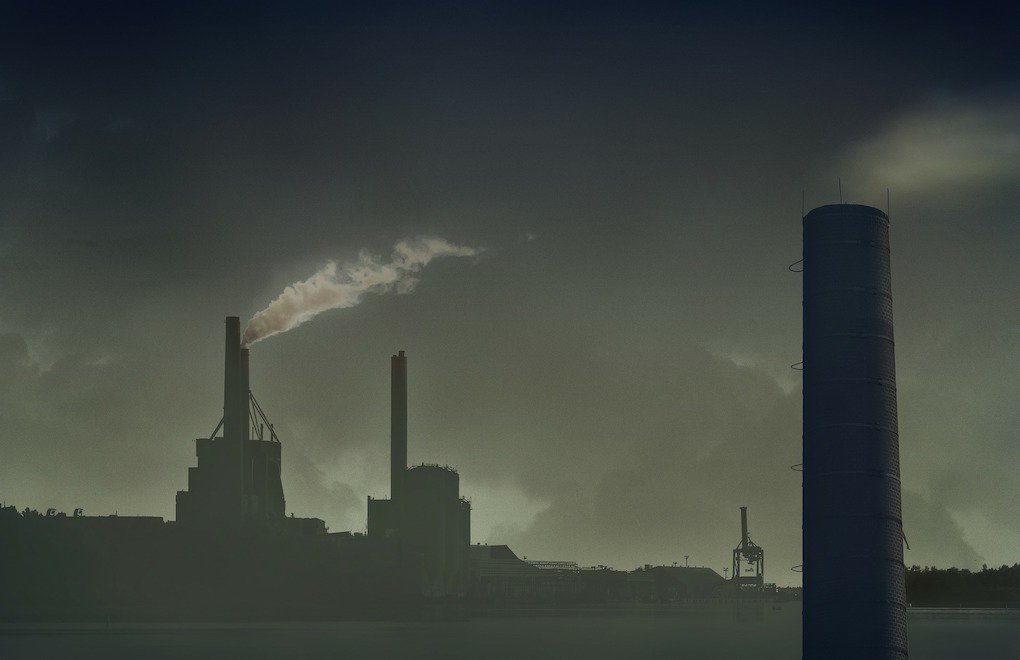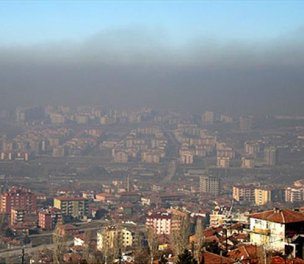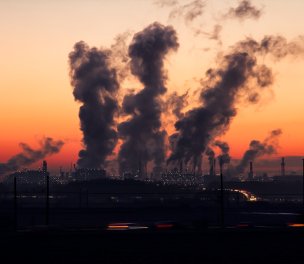* Photo: Pixabay - Graphs: Ember
Click to read the article in Turkish
An analysis by Ufuk Alparslan from the Ember, a non-profit think tank, has shown that Ukraine, Turkey and Western Balkan countries ranked highly across all pollutant types, while European Union (EU) countries like Germany and Poland are also among the worst for NOx pollution.
Explaining that "air pollution is a mixture of gaseous and particulate components that pose a threat to human health", the analysis has noted that pollutants are released from a wide range of sources; including energy, manufacturing, transportation and agriculture sectors and include particulate matter (PM), sulphur dioxide (SO2), and nitrogen oxides (NOx).
Accordingly, asking, "Who is behind Europe's coal power air pollution", the analysis has found that when the plant level air pollution data is aggregated by countries, Ukraine and Turkey emerge as the leaders, followed by Western Balkan countries, in all three pollutant categories.
For PM10 emissions from coal plants, Ukraine is reportedly "the frontrunner by a large margin." Main contributors of SO2 pollution from coal power in Europe are Ukraine (27 percent), Turkey (24 percent), Serbia (15 percent) and Bosnia & Herzegovina (11 percent). Turkey also takes the lead with a 20-percent share in NOx pollution from coal power, followed by Germany (16 percent), Ukraine (16 percent) and Poland (14 percent).
Among the thirty most SO2 polluting coal power plants, there are 12 from Ukraine, followed by Turkey with six plants. Four power plants belong to Serbia, and likewise Bosnia. Both Montenegro and North Macedonia also earn one spot. The EU also features in the top 30, with the Polish Bełchatów and Bulgarian Maritsa East 2 power plants.
The analysis has also noted, "In terms of PM10 emissions from coal power plants, Ukraine is almost unrivaled. In the top ten positions, Seyitömer (600 MW) and Tunçbilek (365 MW) from Turkish side compete alongside plants with at least twice the capacity from Ukraine."
Among the top thirty PM10 polluters in Europe, 18 plants are in Ukraine; while Turkey and Serbia have six and three plants respectively.
Regarding the top NOx polluters, the analysis has indicated, "A breakdown of NOx pollution highlights Poland and Germany from the EU. Polish Bełchatów is on the top of the list, accompanied by four German plants in the top ten. Ukraine earns the second spot with Zaporizka. Serbia has two plants in the top ten, while the plants from Turkey and Kosovo find themselves in the higher positions despite their smaller capacities in comparison to the others."
Turkey in comparison to other countries
The Ember analysis has shared the following information about Turkey's current status on air pollution from coal power:
"Turkey was responsible for 33 percent annual SO2 emissions originating from the energy sector among OECD countries in 2018, placing Turkey on the top of the list. It is likely this is due to many coal power plants in Turkey still lacking proper flue gas desulphurization (FGD) systems.
"The old lignite plants commissioned without any desulphurization continued to run until the end of 2019 without any challenge.
"In Turkey it is difficult to determine which coal power plants comply with the emission standards. Turkish government does not provide plant-level emissions data, as they are deemed to be commercially sensitive information. It is also unknown if emissions are monitored at all.
"From old studies by the state-owned energy company, it is known that unfiltered SO2 emission concentrations of old Turkish coal plants are between 25-60 times higher than the current limits; even the ones with desulphurization do not comply with the new emission concentration limits.
"This gap between regulation and practice is reflected in the total SO2 emission statistics of the country.
"Turkey closed down some of its coal power plants at the beginning of 2020 due to being noncompliant with the emission limits.
"However, just a couple of months after this decision, these power plants received temporary permission to operate following the Ministry of Environment and Urbanization announcement. Currently they are all operational and included in the official installed capacity statistics.
"Recently in Turkey only the Çan 18 Mart lignite power plant was upgraded with a proper FGD. The 300-MW lignite power plant paid 45.9 million USD for desulphurization."
About Ember
Ember is an independent climate and energy think tank focused on accelerating the global electricity transition from coal to clean. (TP/SD)










